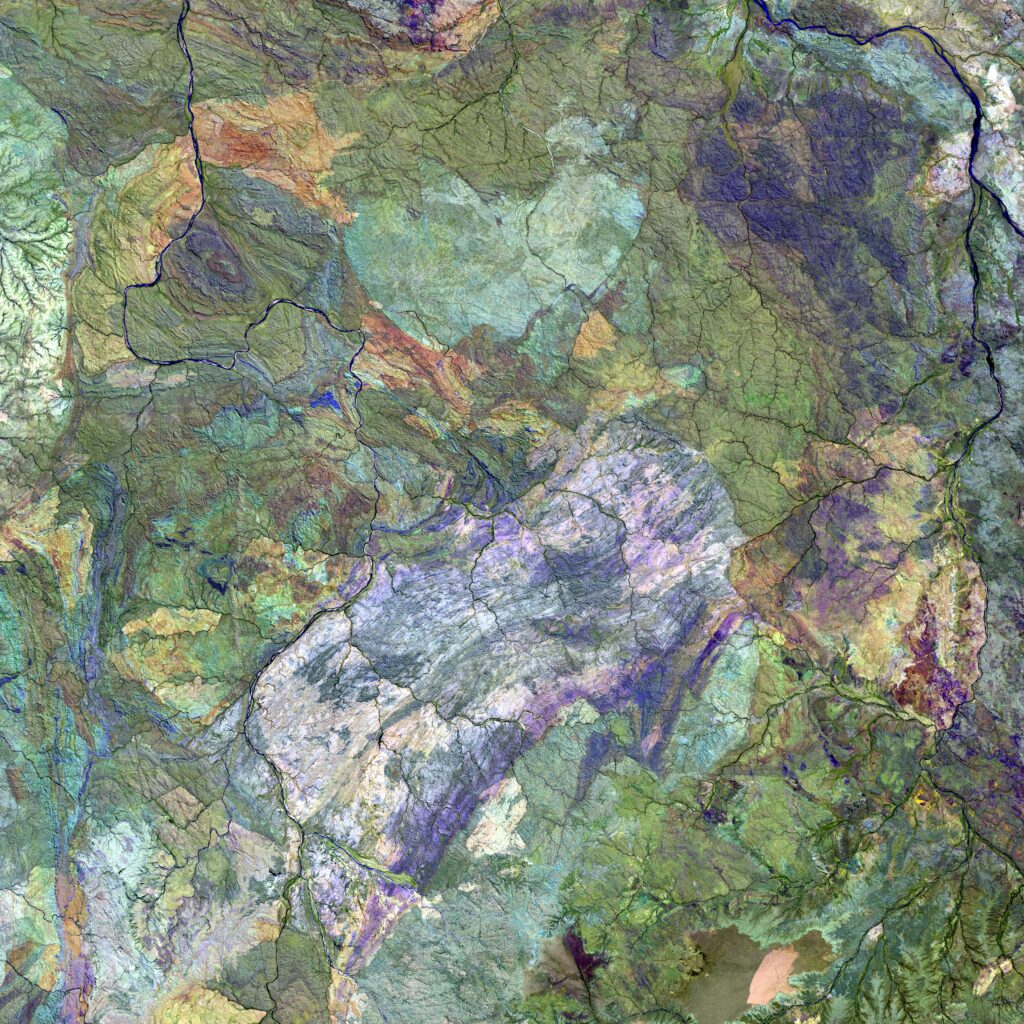This post was written by Dana Stewart ’20
Jaws dropped to the floor when I first told my friends and family that I was going to business school. Apart from my complete and utter lack of business attire, everyone was just really shocked and thought I was drastically pivoting. When I told them about the sustainability theme of the MBA their doubts softened, but still they were struggling to identify the connections between my undergraduate degree and the business degree I was about to pursue. I had no such struggles.
I double majored in environmental studies and geography at Villanova University. The first two years of my education were heavily science based and focused on the challenges and opportunities we face as a result of world trends, environmental shifts and anthropogenic forces. I was taking classes like Environmental Chemistry, Global Changes in Local Places, Geo-techniques, Natural Resources, and Environmental Justice. I can pinpoint connections to the coursework of this MBA and those first two science-heavy years at Villanova even though, to the untrained eye, the two may be totally separate worlds. The environmental and business connections continued to grow through the second half of undergrad and are even clearer as I look back on the courses I took in my junior and senior years.
One of my favorite classes was Geographic Information Systems (GIS). GIS is all about capturing, analyzing, storing, managing, and presenting all kinds of data and layers on top of geographic locations. GIS actually has really strong ties to the world of business and economics. We did projects that examined elements that make certain areas more appealing for commerce. We would even calculate the actual amounts and fluctuation of attention a business could expect to attract depending on what direction it’s storefront faced and the foot-traffic and other characteristics associated with an area. We also looked at degrees of economic success against all kinds of variables in order to draw out possible conclusions or connections.
Although there are huge differences between my undergraduate degree and this MBA, I’m finding more and more ways to thread them together. I hope in years to come this kind of “pivot” will become less dramatic. It is my hope that it even becomes commonplace for people from my academic background or any background that seemingly contrasts to slide into the business realm and begin a paradigm shift. If you are passionate and determined to cultivate a connection from where you are coming from to this program, you can make this MBA work for you.

